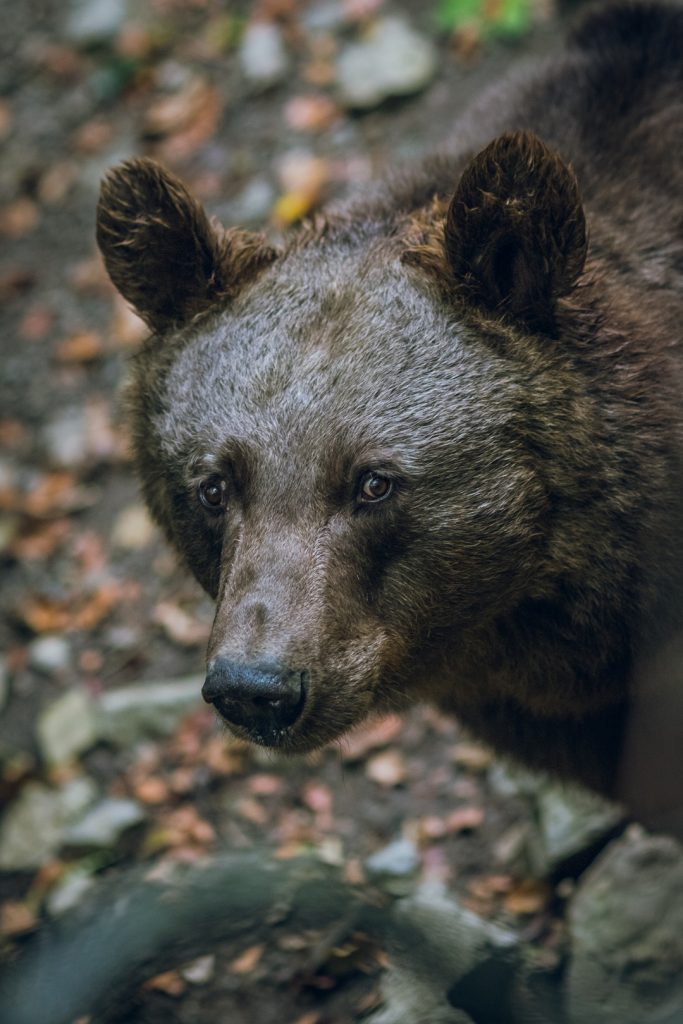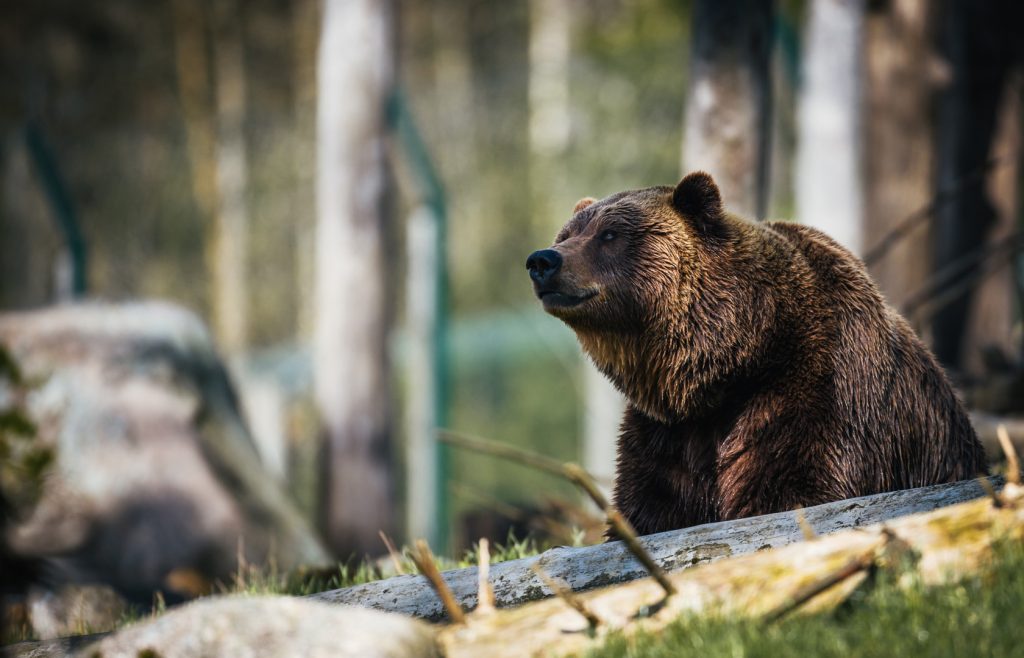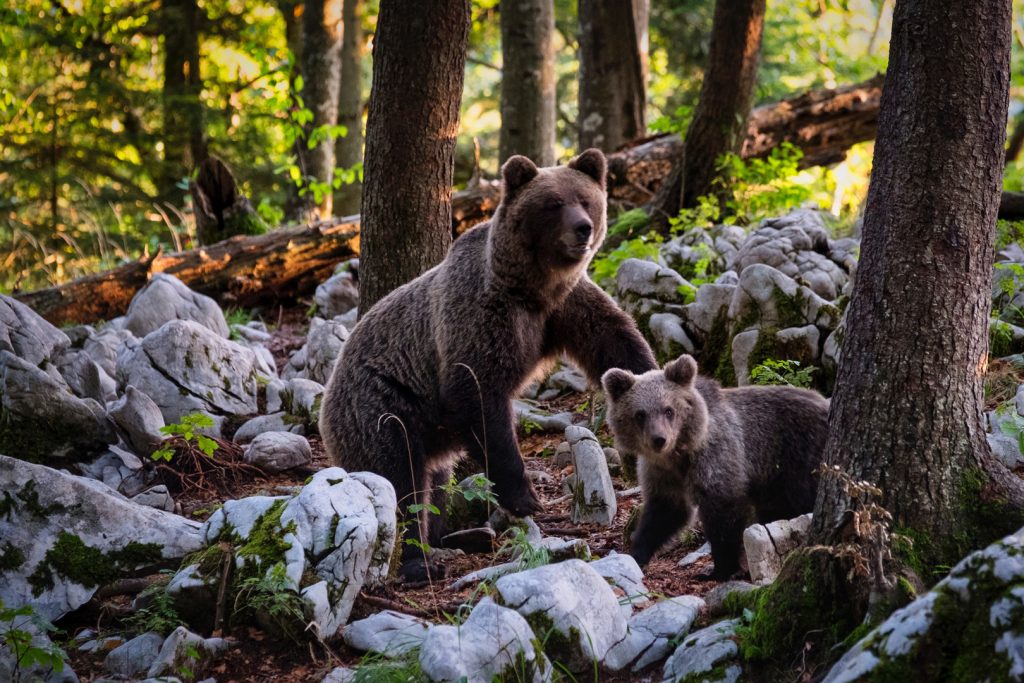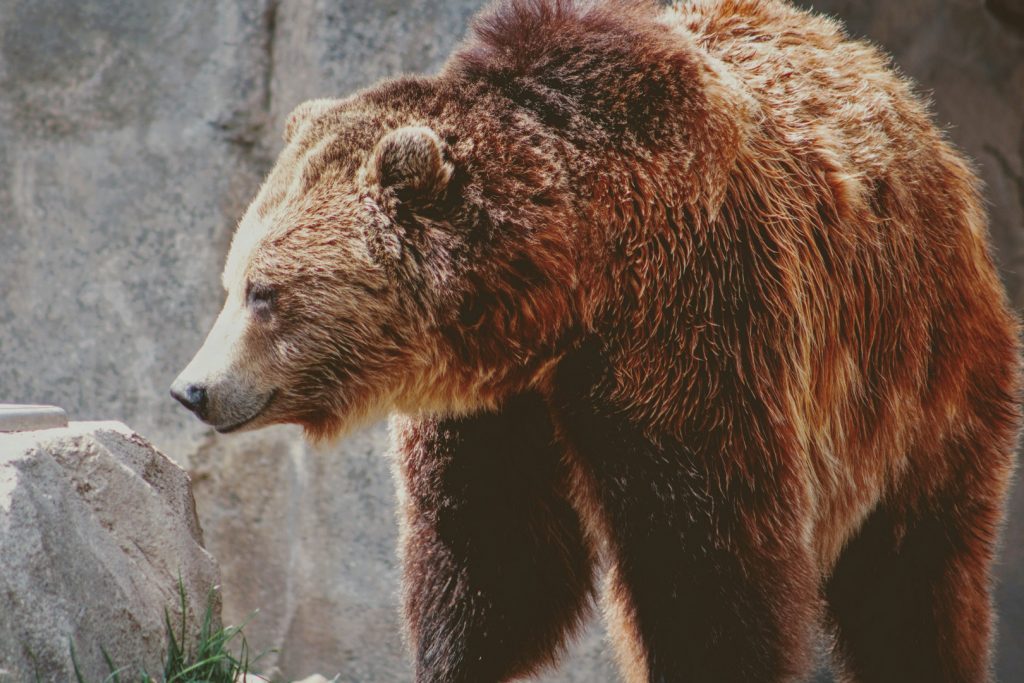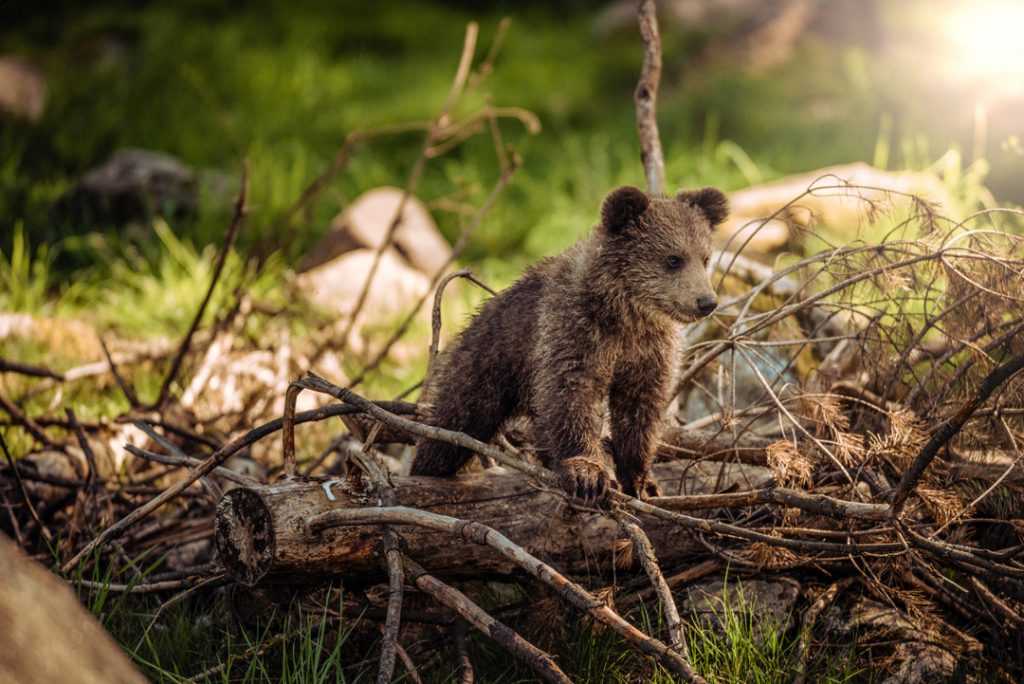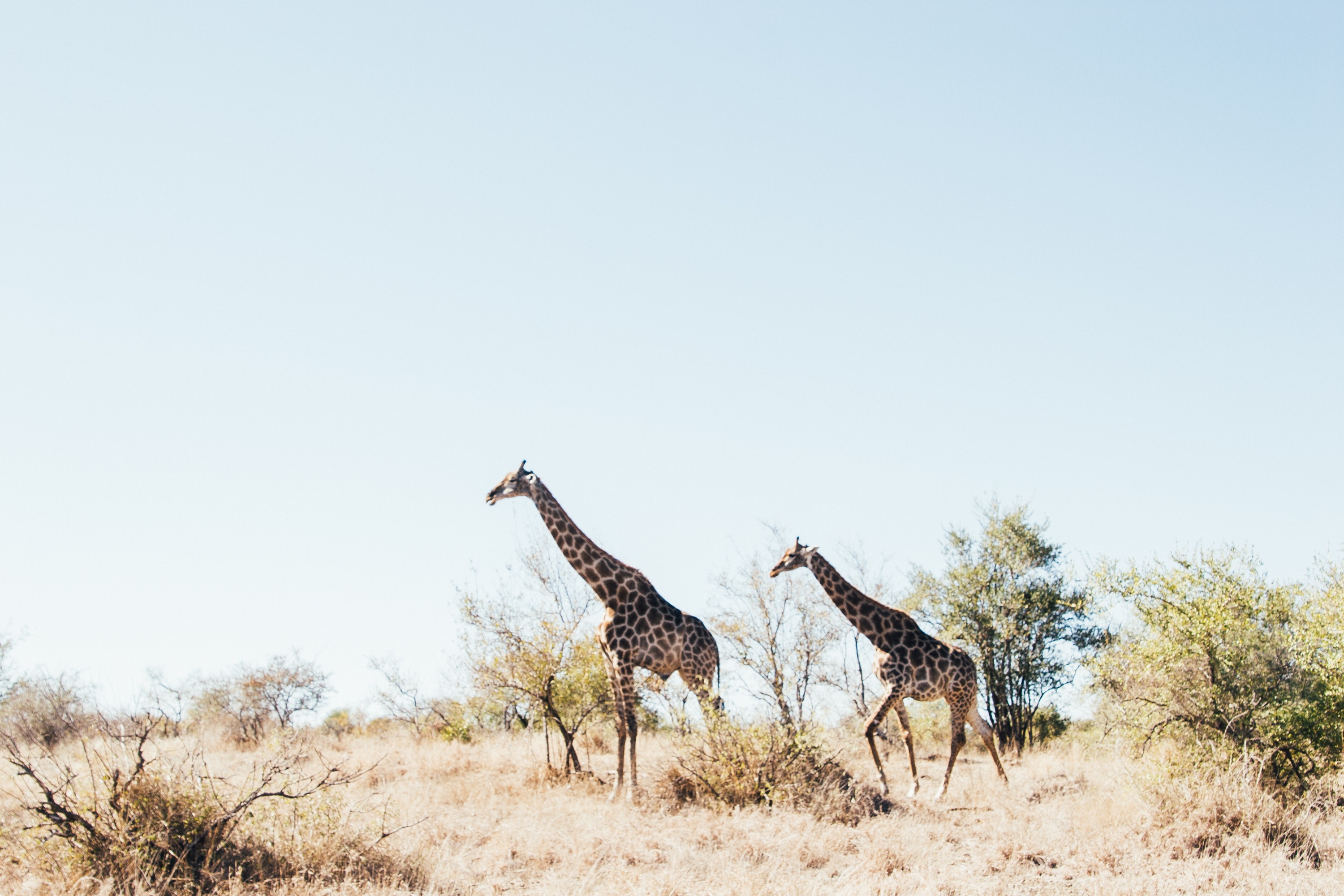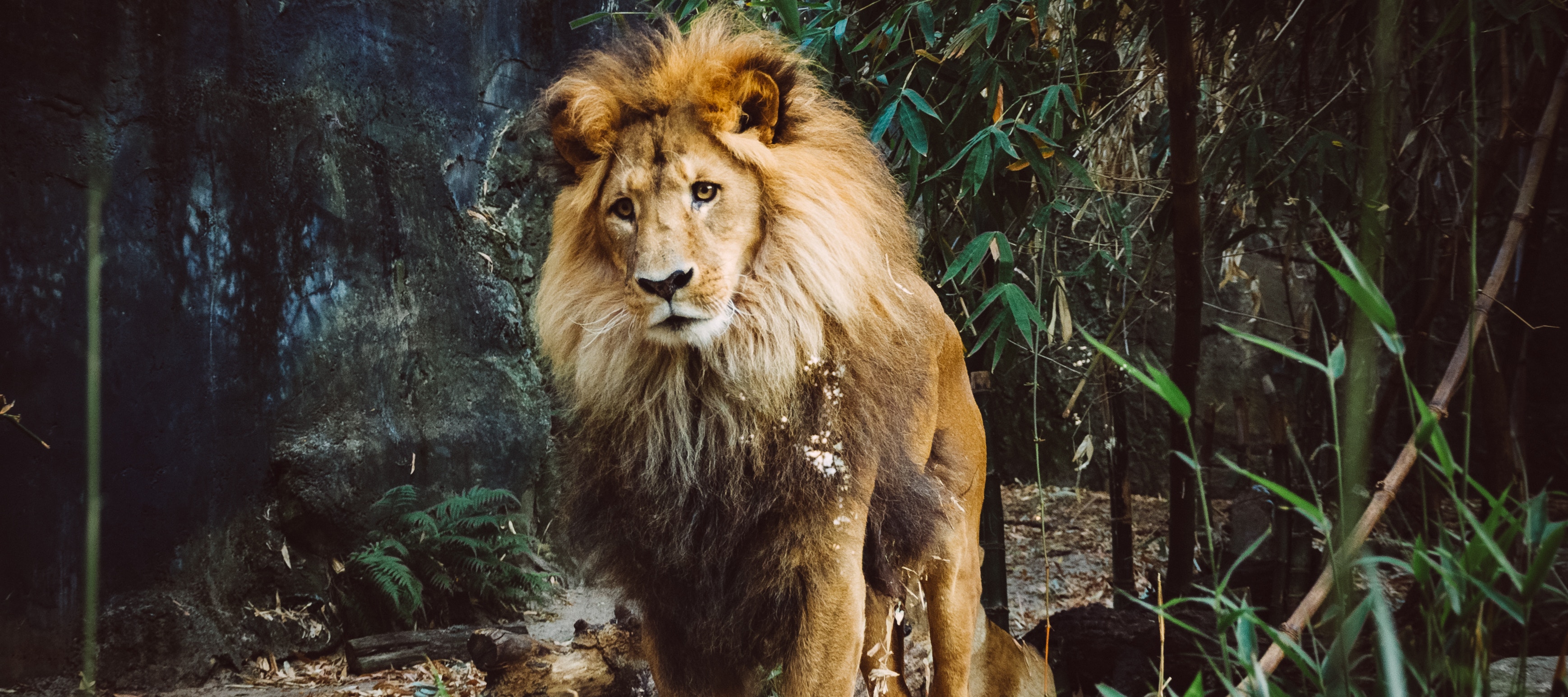You may not realize this, but there are bears across the majority of the United States. They are native members of the natural wildlife and seeing one in the wild can be thrilling. Some people pass right by bears in the wild without knowing, as the animal tends to avoid people. Understand that the risk of being attacked by a bear is small, but there are measures you should take to avoid provoking a bear. If you are planning to hike or camp in bear country, here are some safety tips to keep in mind.
- Never leave food, garbage or other things out to attract bears. When the food is gone, often the bears start looking for more, which leads them to destroy tents, vehicles and other property. Some bears may attack people when desperate for food, which leads to injury or death. Bears that begin to seek out sources of food near humans are often destroyed by bear management personnel. Make sure the following items aren’t left out to attract bears by using food lockers or following the campground’s recommended storage guidelines:
- Human Food
- Pet Food
- Garbage
- Cooking Utensils and Pots
- Lantern and Stove Fuel
- Unopened Bottled or Canned Beverages
- Cosmetics, Toothpaste, Insect Repellents, Lotions
- Hummingbird Feeders
- Bird Seed
- Don’t sleep in the clothes you went hiking in or cooked in. The scent of human sweat or foods can intrigue a bear, leading them to search for the source.
- Keep a flashlight and bear spray next to you when sleeping and always sleep in a tent, never in the open.
- Keep pets on a leash when hiking or when sleeping so they can be controlled quickly and easily.
- When camping outside of an organized campground, keep food and cooking areas at least 100 yards away from your sleeping quarters.
- Avoid cooking bacon, fish and other aromatic foods.
- Do not set up camp near trails or fresh signs of bear occupation. Avoid areas that naturally attract bears such as fresh carcasses of dead animals or berry patches.
- The most dangerous bears are those that have been habituated to humans and food conditioned to campsites. If a bear encounters your camp and isn’t scared away, get to a safe area as soon as possible.
- When hiking, do not approach a bear for any reason, including photography.
- If the bear is aware of you, speak to them calmly and put your arms to the side, moving them up and down slowly. This alerts the bear that you are human, not another bear or prey. Do not make direct eye contact, but watch the bear’s next move. The bear may run away or may resume whatever it was doing.
- If the bear runs away, leave the area immediately and walk in the opposite direction.
- If the bear looks at you and ignores you, back away while you continue to speak. Do not turn your back on the bear until it cannot see you anymore. Remember, even if the bear seems indifferent to you, this is not the time for a selfie!
- If the bear approaches you, stop and observe the bear. A stressed bear may be defending personal space, cubs or food supplies. Continue to talk calmly while backing away slowly. If the bear charges you, your best defense is to play dead. Lay face down on the ground and protect your head and neck with your hands and arms. If the bear tries to roll you face up, roll face down again immediately. Do not make noise and do not move until you are sure the bear has left you alone.
- The bear may just be curious when approaching you rather than defensive. If you have tried to back away and the bear follows, try acting aggressively by making yourself appear big, yelling and making eye contact.
- Remember that black bears most often attack for predatory reasons; grizzly attacks are defensive in nature. Some experts suggest that attacking a black bear before they attack you is the best option while most agree playing dead is the best defense against a grizzly.
Enjoy time in the great outdoors but keep yourself and your loved ones safe from bears. Be sure to study important resources online including those near the area you will be camping or hiking in. Recreation.gov has valuable resources on American wildlife of all kinds.

